The financial staff is standing on a “mine” that requires delicate, surgical manipulations in order not to be activated. These are the guarantees of about 23 billion euros that were given to the systemic banks to proceed with the securitization of red loans through “special vehicles” and for which the European Statistical Office (Eurostat) raises the issue of their registration – as a possible future obligation of the country – in the public debt.
According to cross-referenced information, this requirement of Eurostat was manifested when it examined in detail whether the securitization of a package of red loans of one of the four systemic banks is “doubtful” and whether it can trigger the seizure of guarantees provided by the State through the “HERACLES 1” scheme.
Anxiety in the Public Debt Management Agency
This discussion has created stress in Greek negotiators on the part of the Hellenic Statistical Authority (ELSTAT) but mainly in the Public Debt Management Agency (P.D.M.A.), whose executives realize that such a development can lead to the decision of all securities guarantees of red loans to be considered as sources of “bad credit” of public debt.
Such a thing and given the amount of debt burden (over 14% of GDP!) can be a “bad signal” in the markets in the face of a difficult year to come.
This is because, as is well known, in 2022 the bond purchase program by the ECB (the famous PEP) ends, Greece has a serious loan program of 15 billion euros and, most importantly, a strategy to repay before expiring the bonds of the GLF (the aid mechanism from the first memorandum) to send its own political signal that it respects the taxpayers of the European countries that supported us and that it has returned to normal.
At the same time, however, it wants to send a message to the “suspicious” Northern Europeans that “Greece has changed” and is on the “right path”, as in 2022 the government’s main goal is to get the country out of the regime of enhanced supervision and at the same time to include Greek bonds in investment so that they are eligible by the ECB.
The arguments
The main argument of the Greek side is that the “HERACLES 1 & 2” plans are “clones” of similar plans implemented by Italy, providing the guarantee of the State, in order to free the Italian banking system from the “burden” of red loans and to consolidate the balance sheets of Italian banks, without Eurostat requiring the appearance of the amount of guarantees in the public debt of the neighbor.
However, the Eurostat envoys appear “suspicious” towards Greece as our past haunts us from the era of “Greek Statistics” that led us to the “noose of memoranda”.
Perhaps for this reason in the ongoing case in the background the current Minister of Finance Christos Staikouras and the Governor of the Bank of Greece Giannis Stournaras, who prefers silence are not openly commenting – as they did in the past.
The latter has another reason – he feels justified as he had proposed the solution of creating a “bad bank” for the exemption of banks from red loans, which was rejected by the government on the grounds that it would create “budgetary costs”.
Perhaps this tug-of-war and the unfavorable outcome, as some predict, was the reason for the removal of the former Deputy Minister of Finance, Giorgos Zavvos, in charge of the financial sector, from the government during the recent reshuffle.
Mr. Staikouras took over his responsibilities, along with the “hot potato”, at a difficult time.
The unfavorable scenario
What those who know how difficult the negotiations with Eurostat are, are afraid of is the possibility that there may be political motives and tactics towards Greece from the club of Northern Europeans who are pushing for a “return to stability”, considering that our country is still the “weak link” of the European Union.
This was also evident from the technical negotiation on how the money given to the self-employed and the companies as support (around 7 billion euros) appears in the budget, and how the deficit and the public debt are affected (since it was given as a repayable advance) over time and the political needs made the government decide to erase for the most part. Nevertheless, the ECB has the opposite view and considers the Greek debt to be completely manageable until 2030 as most of it is ESM loans with interest rates “locked” below 1%. However, it does not take a position on the issue of the guarantees given by the plans “HERACLES 1 & 2” and whether these should be taken into account in the future risks of Greek public debt management.
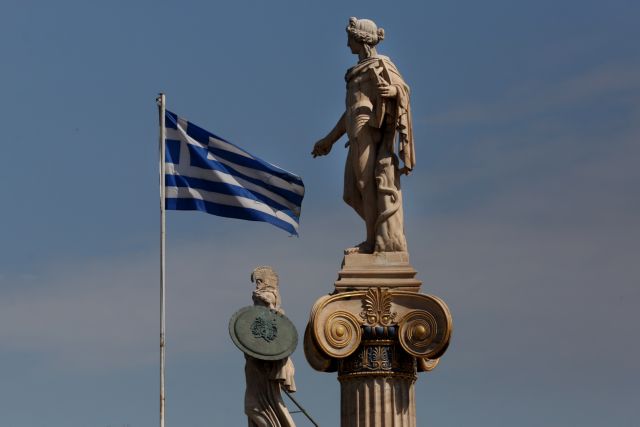

















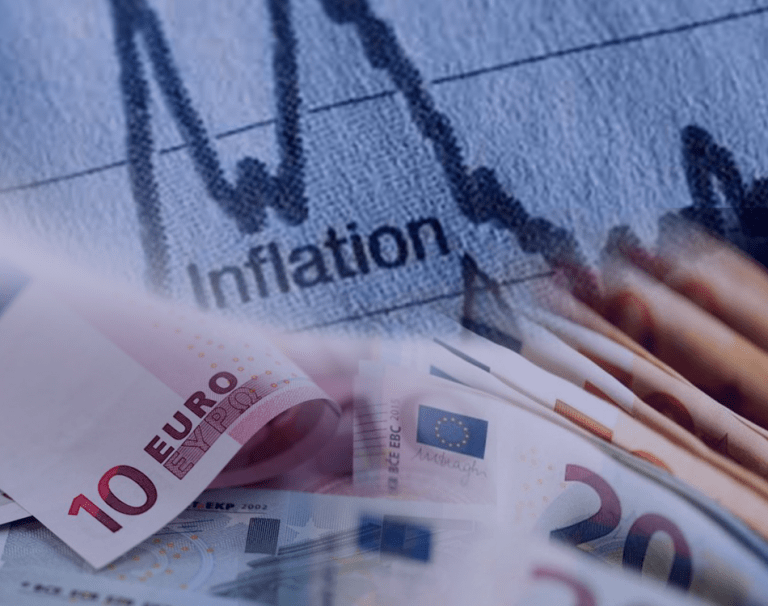












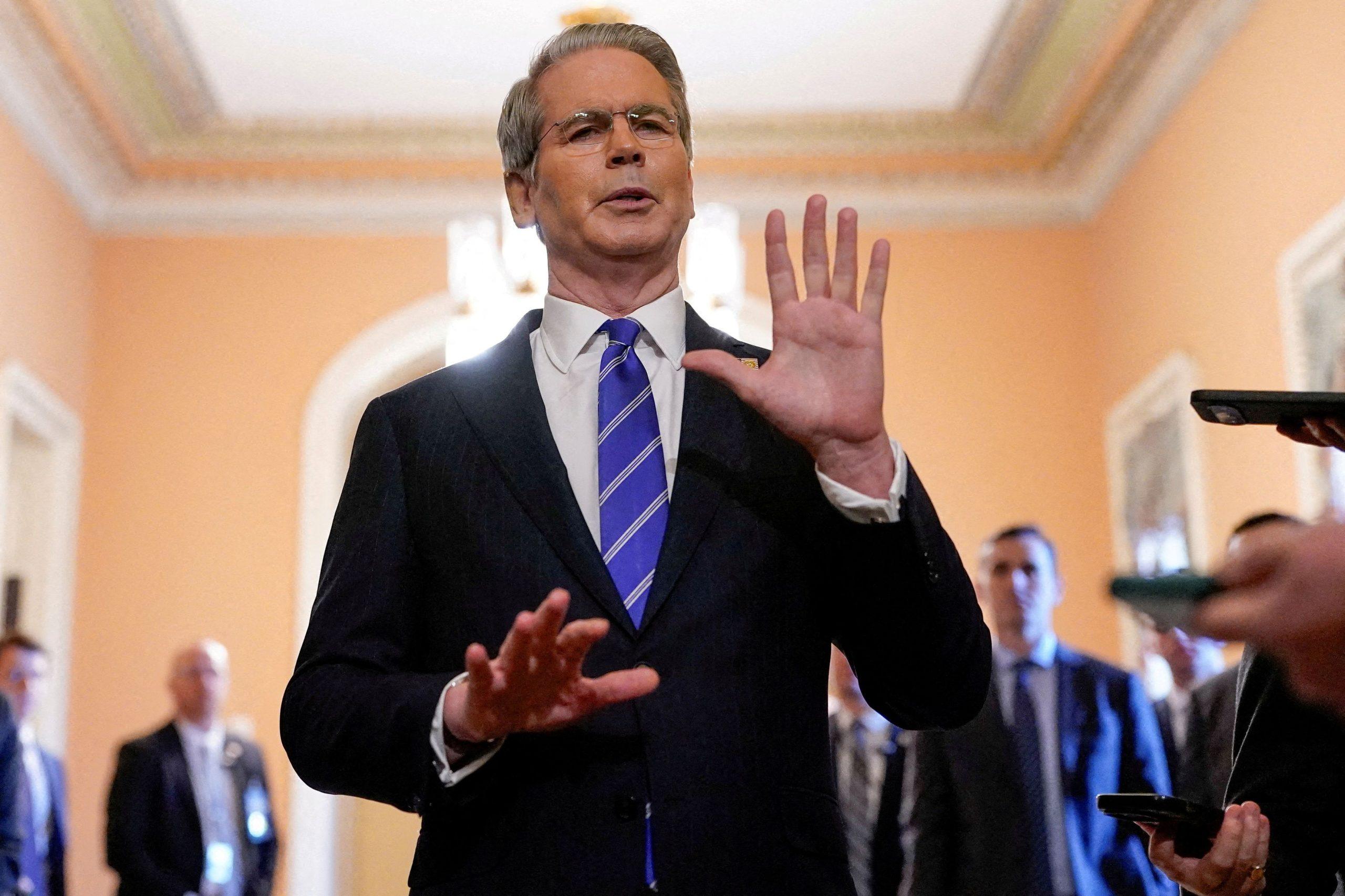



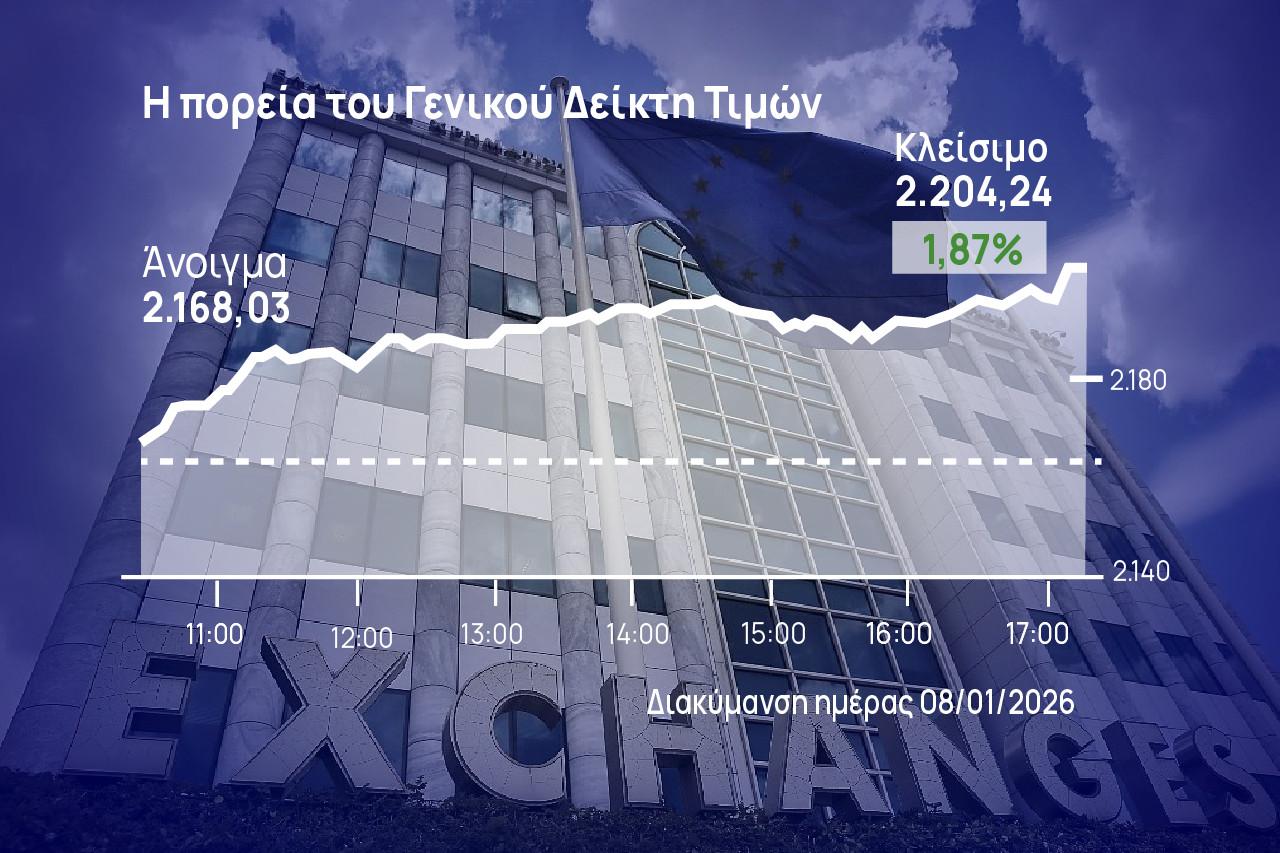
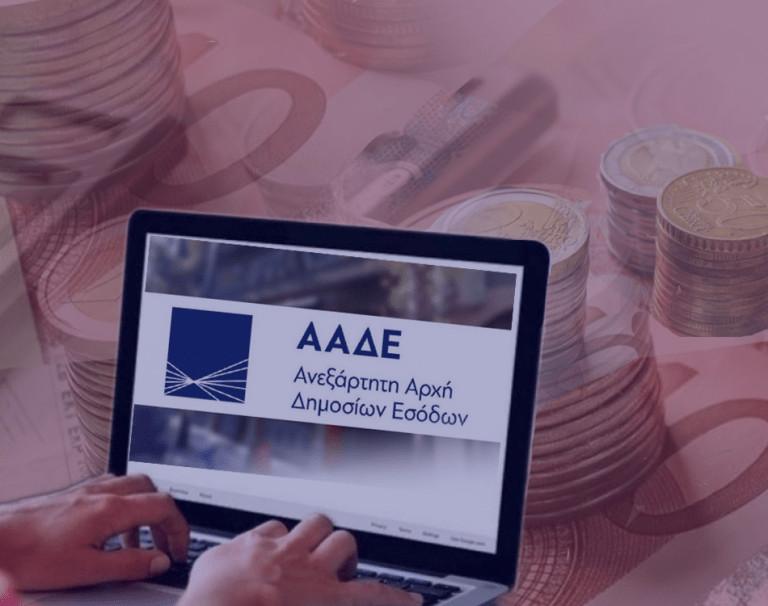





![S&P: Παραμένουν οι εξωτερικές ανισορροπίες στην Ελλάδα [γραφήματα]](https://www.ot.gr/wp-content/uploads/2025/12/Greek-Economic-Sentiment-1024x638-2.jpg)
